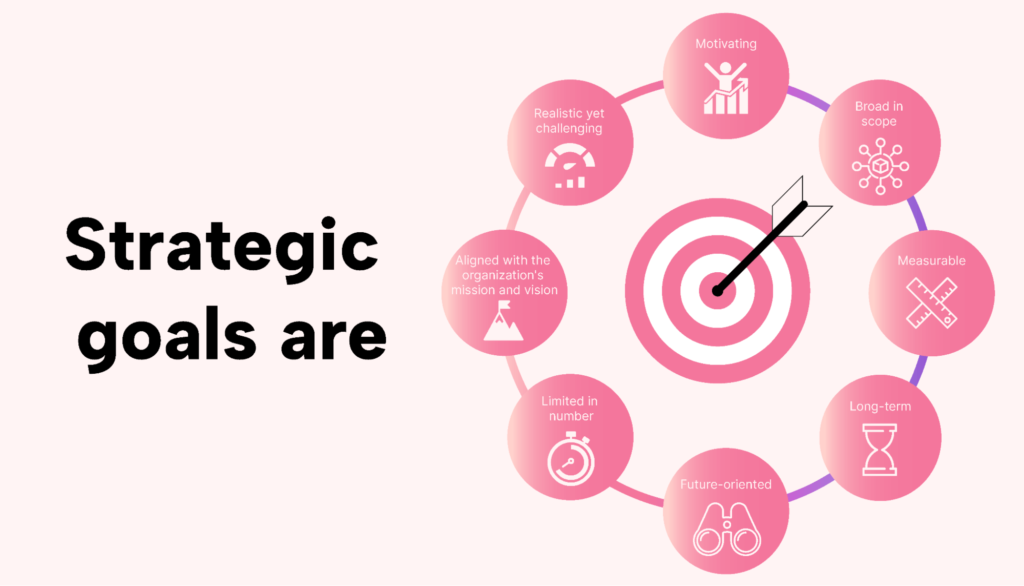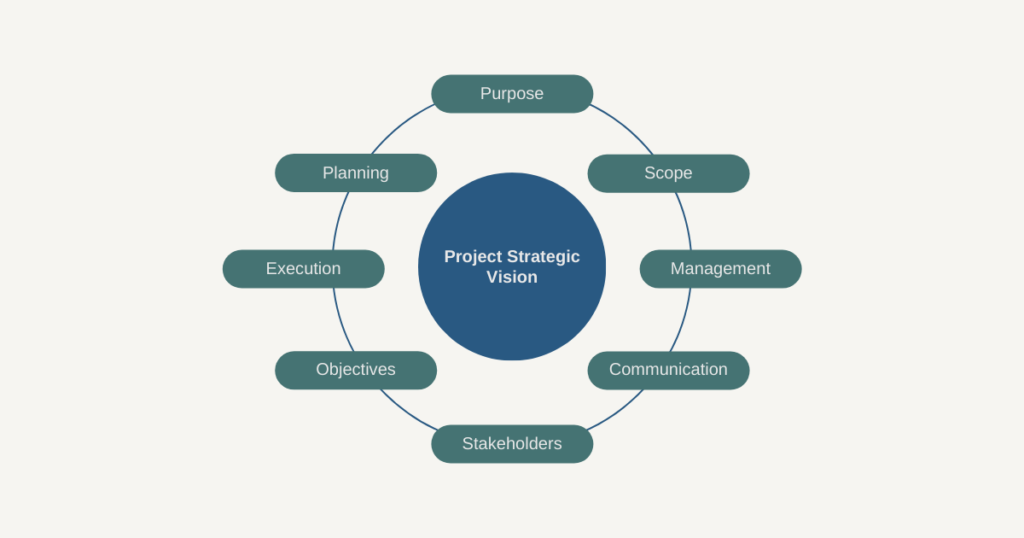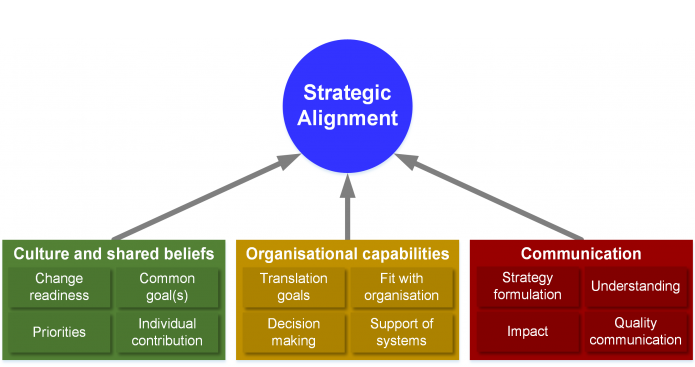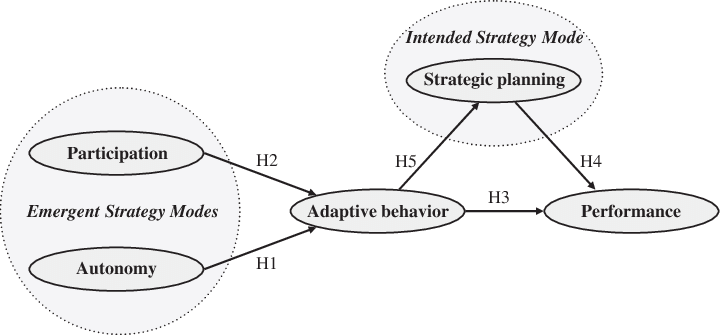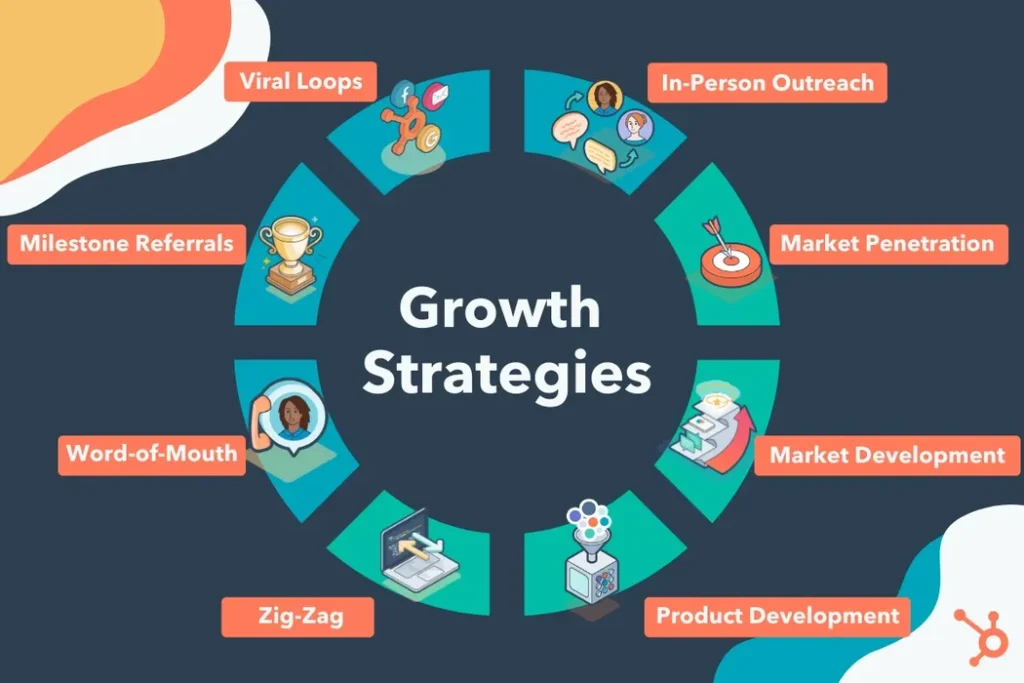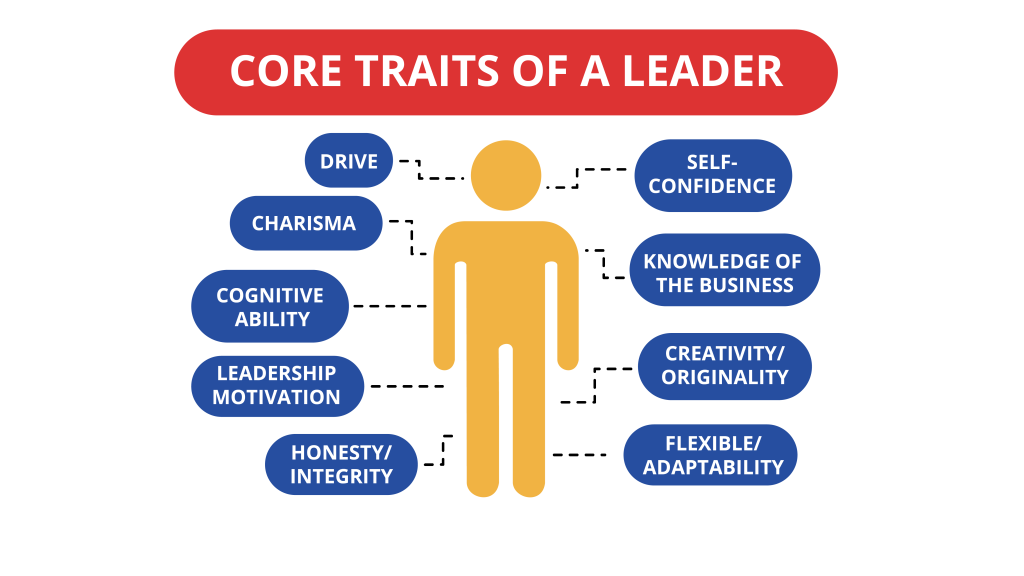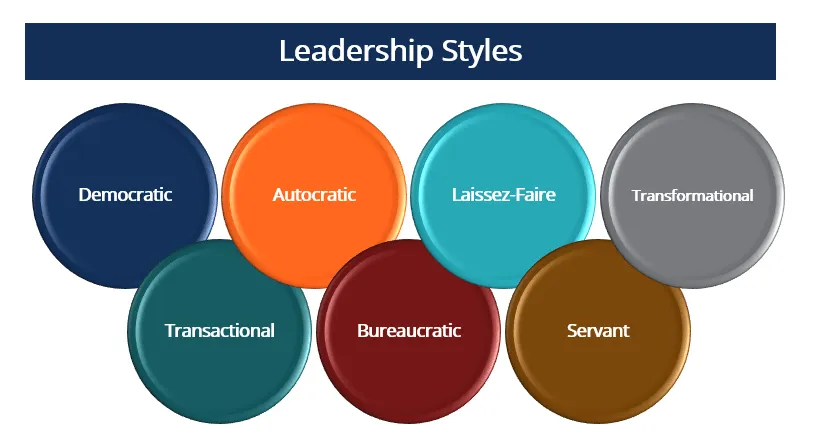Strategic Goals: Setting and Achieving
Strategic goals are essential for guiding an organization toward its vision and mission. They provide a roadmap for long-term success and help align efforts across all levels. Setting and achieving strategic goals involves a systematic approach to define clear objectives, develop actionable plans, and measure progress. This article explores how to set strategic goals effectively […]
Strategic Goals: Setting and Achieving Read More »

